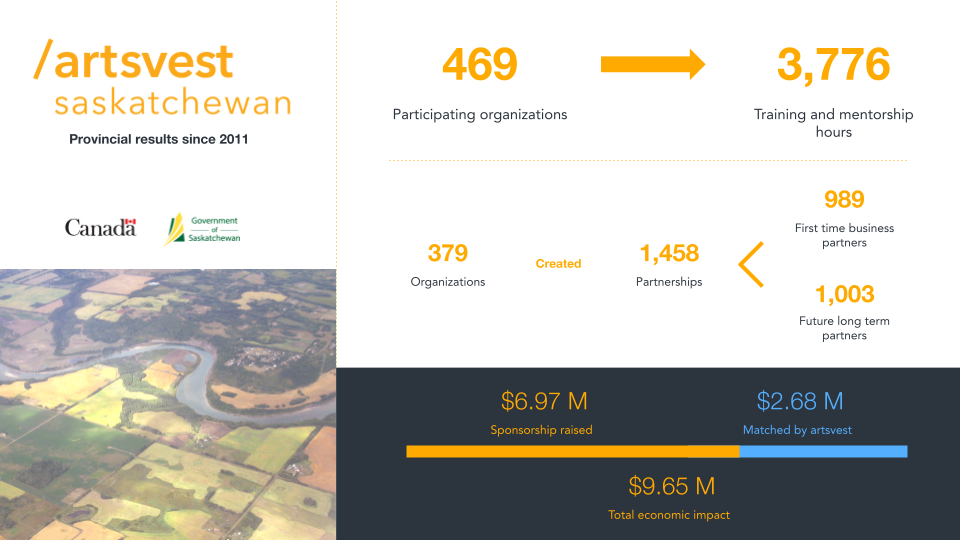How Lack Of Funds Impacts Your Goals And What To Do

Table of Contents
The Direct Impact of Lack of Funds on Goal Achievement
Lack of funds significantly hinders our ability to achieve our goals, impacting both our short-term and long-term ambitions. This financial constraint creates a ripple effect, influencing various aspects of our lives.
Delayed or Unattainable Goals
Insufficient funds often mean delaying or even abandoning our goals entirely. The dream of homeownership, starting a thriving business, or pursuing a higher education becomes a distant possibility when we lack the necessary capital.
- Examples: Saving for a down payment on a house can take years longer than anticipated with limited income. Starting a small business might require delaying the launch indefinitely due to insufficient start-up capital. Pursuing a master's degree might be impossible without securing student loans or scholarships.
- Statistics: Studies consistently show a strong correlation between financial insecurity and the inability to achieve personal goals. For example, a significant percentage of young adults delay starting families due to financial instability.
- Psychological Impact: The constant postponement of goals due to financial constraints can lead to feelings of frustration, disappointment, and even depression. This delayed gratification negatively impacts mental well-being and overall motivation.
Compromised Goal Quality
When funds are limited, we're often forced to compromise on the quality of our goals' fulfillment. This can lead to suboptimal outcomes that might not fully satisfy our aspirations.
- Examples: Choosing a cheaper, lower-quality education program might limit career opportunities. Accepting a less desirable job solely because of the salary offered can lead to long-term dissatisfaction. Choosing a smaller, less suitable home compromises living space and comfort.
- Long-term Consequences: These compromises can have far-reaching effects, potentially impacting future earning potential, career satisfaction, and overall quality of life.
Increased Stress and Anxiety
The constant worry about finances creates significant stress and anxiety, significantly impacting mental health and, consequently, the ability to pursue goals effectively.
- Financial Stress and Mental Health: Studies show a strong link between financial difficulties and mental health issues like depression, anxiety, and even substance abuse.
- Distraction from Goals: Financial worries can be incredibly distracting, making it challenging to focus on tasks required to achieve goals. The constant stress consumes mental energy that could be used for productive work.
- Importance of Well-being: Achieving goals requires focus, resilience, and determination – all significantly hindered by the debilitating effects of chronic financial stress.
Strategies for Overcoming Financial Obstacles to Goal Achievement
While a lack of funds presents significant challenges, there are effective strategies to overcome these obstacles and move closer to achieving your aspirations.
Creating a Realistic Budget
Developing and sticking to a realistic budget is the cornerstone of effective financial planning. Understanding where your money goes is the first step towards controlling your finances.
- Budgeting Methods: Consider methods like the 50/30/20 rule (allocating 50% to needs, 30% to wants, and 20% to savings and debt repayment) or zero-based budgeting (allocating every dollar to a specific purpose).
- Budgeting Apps and Tools: Numerous apps and tools (Mint, YNAB, Personal Capital) can automate the process, making budgeting easier and more efficient.
- Regular Review: Regularly review and adjust your budget to reflect changes in income or expenses.
Exploring Additional Income Streams
Increasing your income is a crucial step toward achieving your financial goals faster. Exploring various avenues for generating extra cash can make a significant difference.
- Side Hustles: Freelancing, part-time jobs, or gig work can supplement your primary income.
- Passive Income: Investing in assets that generate passive income, such as dividend-paying stocks or rental properties, can provide a steady stream of revenue.
- Selling Unused Possessions: Decluttering and selling unwanted items can free up cash quickly.
Prioritizing Goals and Setting Realistic Timeframes
Not all goals are created equal. Prioritizing your goals based on importance and feasibility is crucial.
- Goal Prioritization Techniques: Employ methods like the Eisenhower Matrix (urgent/important) or the Pareto Principle (80/20 rule) to focus your efforts on the most impactful goals.
- Breaking Down Large Goals: Divide large, overwhelming goals into smaller, manageable steps, making the overall process less daunting.
- Realistic Timelines: Adjust your timelines based on your financial reality. Being realistic about how long it will take to achieve each goal is essential for avoiding disappointment.
Seeking Financial Guidance
Don't hesitate to seek professional help from qualified financial advisors or counselors. They can provide personalized guidance and support.
- Benefits of Professional Advice: Financial advisors can help create a comprehensive financial plan, provide investment advice, and offer strategies for debt management.
- Finding Advisors: Utilize resources like the National Association of Personal Financial Advisors (NAPFA) or the Certified Financial Planner Board of Standards (CFP Board) to find qualified professionals.
- Financial Literacy: Invest in your own financial education by reading books, attending workshops, or taking online courses.
Conclusion
Lack of funds significantly impacts our ability to achieve personal and professional goals, leading to stress, anxiety, and compromised outcomes. However, by implementing effective strategies like creating a realistic budget, exploring additional income streams, prioritizing goals, and seeking professional guidance, we can overcome these financial obstacles. Take action today! Create a budget, explore additional income options, and prioritize your goals to conquer the challenges of lack of funds and finally achieve your dreams. Start your journey towards financial freedom and goal achievement by exploring resources on budgeting and financial planning today. Don't let lack of funds define your future; take control of your finances and achieve the life you envision.

Featured Posts
-
 Planning A Screen Free Week Tips And Activities For Families
May 22, 2025
Planning A Screen Free Week Tips And Activities For Families
May 22, 2025 -
 Vanja I Sime Fotografije Koje Su Osvojile Fanove Gospodina Savrsenog
May 22, 2025
Vanja I Sime Fotografije Koje Su Osvojile Fanove Gospodina Savrsenog
May 22, 2025 -
 Saskatchewan And Western Separation A Political Panel Discussion
May 22, 2025
Saskatchewan And Western Separation A Political Panel Discussion
May 22, 2025 -
 Visiting The New Peppa Pig Theme Park In Texas What To Expect
May 22, 2025
Visiting The New Peppa Pig Theme Park In Texas What To Expect
May 22, 2025 -
 Federal Election Fallout Analyzing Its Impact On Saskatchewan Politics
May 22, 2025
Federal Election Fallout Analyzing Its Impact On Saskatchewan Politics
May 22, 2025
Latest Posts
-
 William Goodge A New Benchmark For Fastest Cross Australia Foot Race
May 22, 2025
William Goodge A New Benchmark For Fastest Cross Australia Foot Race
May 22, 2025 -
 Across Australia On Foot William Goodges Unprecedented Speed
May 22, 2025
Across Australia On Foot William Goodges Unprecedented Speed
May 22, 2025 -
 Australian Trans Influencers Record Fact Or Fiction A Critical Analysis
May 22, 2025
Australian Trans Influencers Record Fact Or Fiction A Critical Analysis
May 22, 2025 -
 Australian Ultramarathon Briton Battles Adversity
May 22, 2025
Australian Ultramarathon Briton Battles Adversity
May 22, 2025 -
 Is This Australian Trans Influencers Record Legitimate Examining The Controversy
May 22, 2025
Is This Australian Trans Influencers Record Legitimate Examining The Controversy
May 22, 2025
